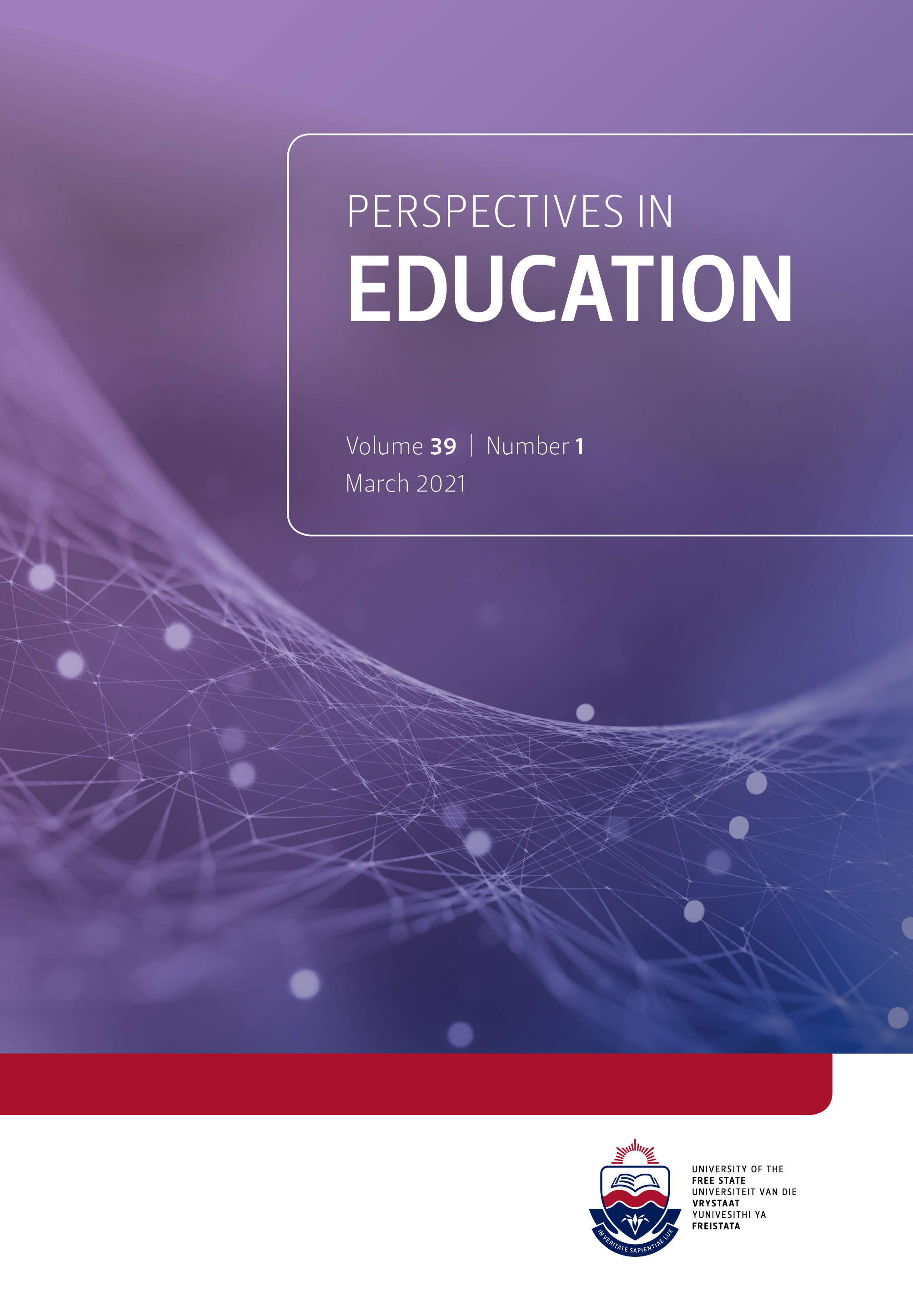The challenges posed by COVID-19 to the BRICS education systems: Lessons to be learnt
DOI:
https://doi.org/10.38140/pie.v39i1.4744Keywords:
BRICS member states, National education systems, External contextual forces, Education responses to COVID-19, Education system planningAbstract
It is considered an axiom that the national education system is expected to render a service during the real and ever-changing educational needs of a given nation. Typically, the primary functioning is characterised by the provisioning of an educationally determined pathway for each student according to their specific contexts. A real state of emergency arises when the national community is suddenly faced with dramatic challenges such as those posed by the external factors namely the global outbreak of COVID-19. In this situation, the unique challenge for individual national education systems was to address the educational needs of the students and the community with the pre-condition to safeguard their health in the face of the pandemic. The response of each education system had to prioritise the implementation of health protocols to safeguard all education stakeholders, along with the provision of quality education. The objective of this article was to explore the approaches and practices that the BRICS nations (Brazil, Russia, India, China and South Africa) implemented during the time of the pandemic. To accomplish this objective, a systematic document analysis was conducted that ultimately allowed the identification of lessons to be learnt. The results show many similar approaches employed by the BRICS such as transitioning to online teaching, devoting funds to address emerging challenges and developing new teaching strategies. The article concludes with the lessons learnt from the nations under investigation.
Downloads
##submission.downloads##
Published
How to Cite
Issue
Section
License
Copyright (c) 2021 Prof Ewelina Kinga Niemczyk, Dr Louw de Beer, Prof Hennie Steyn

This work is licensed under a Creative Commons Attribution 4.0 International License.









